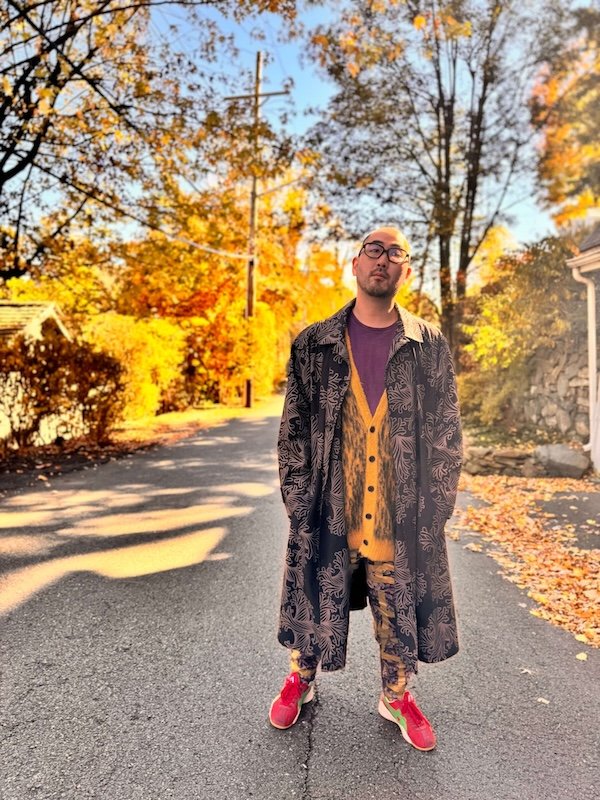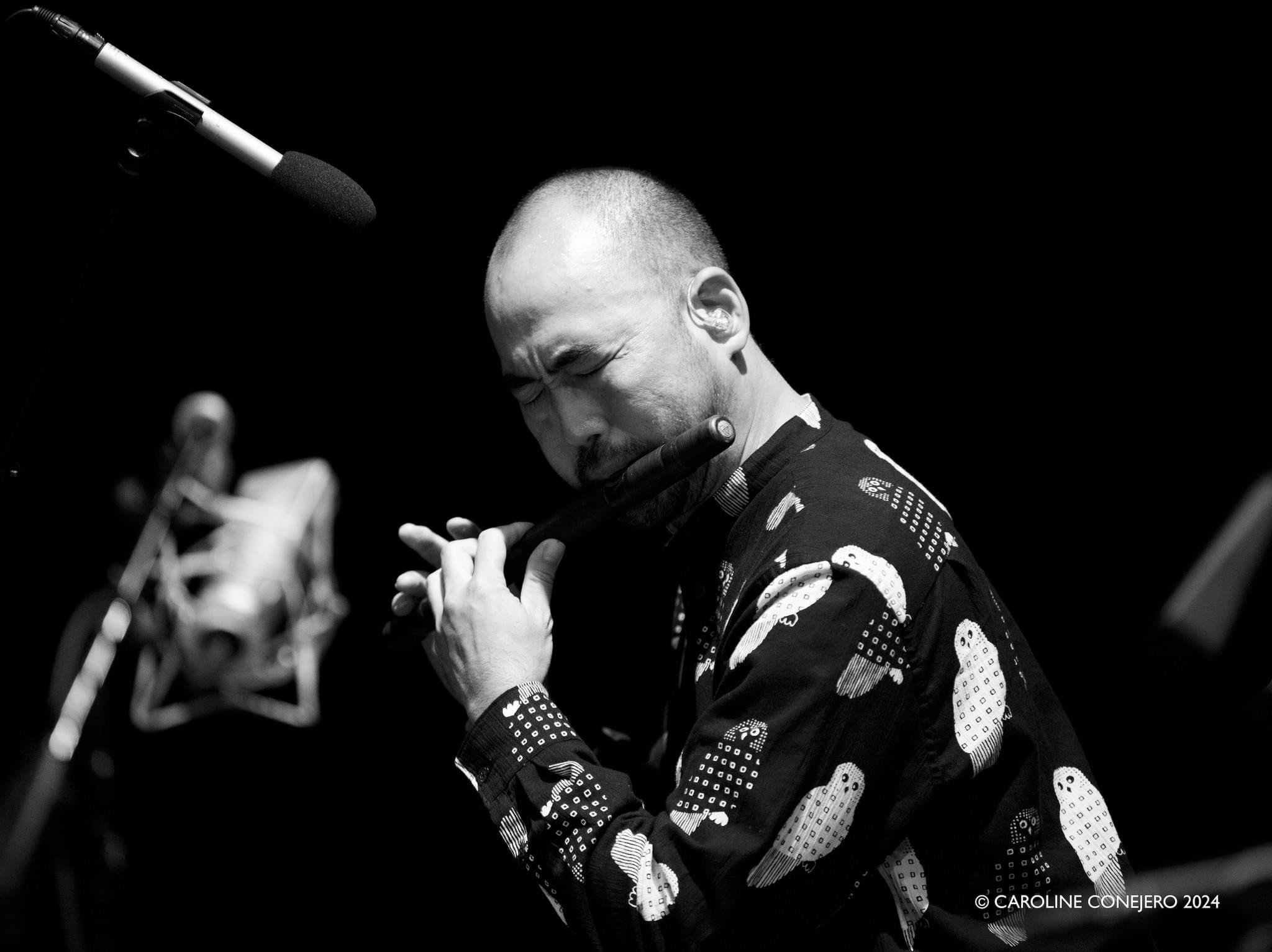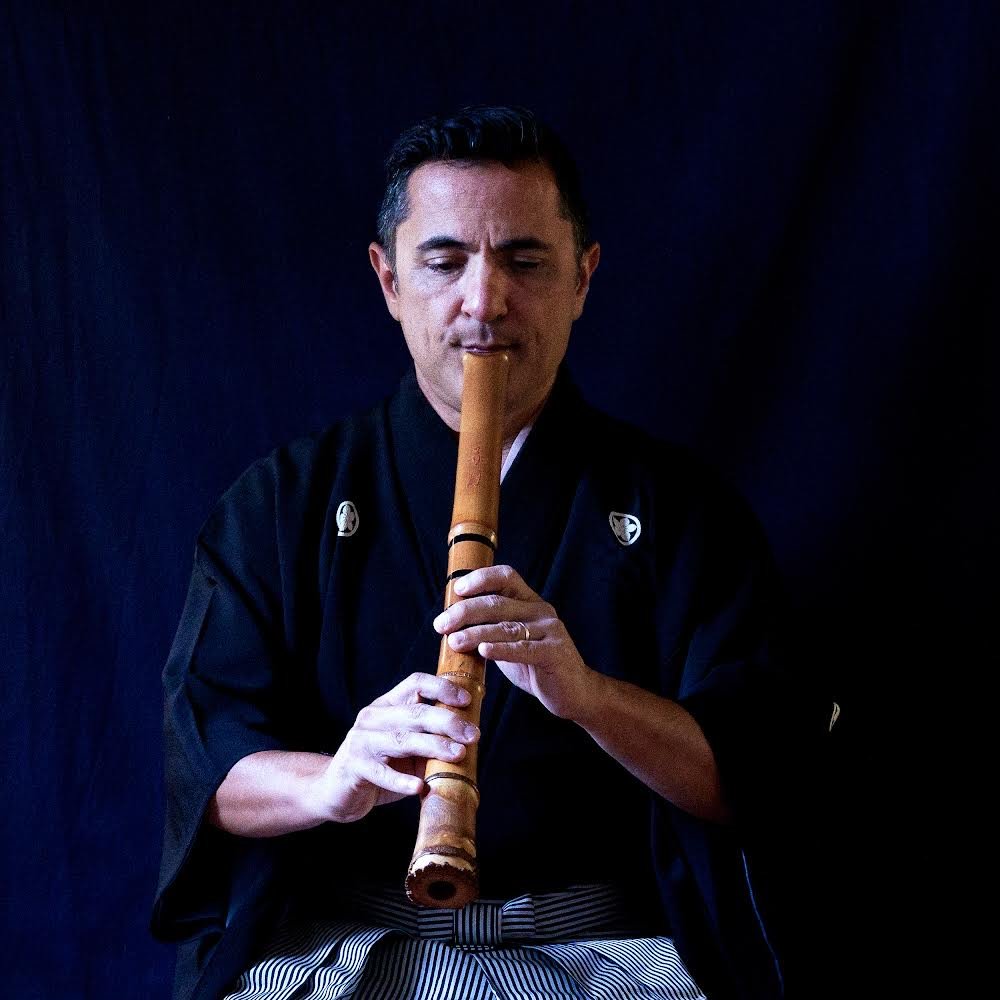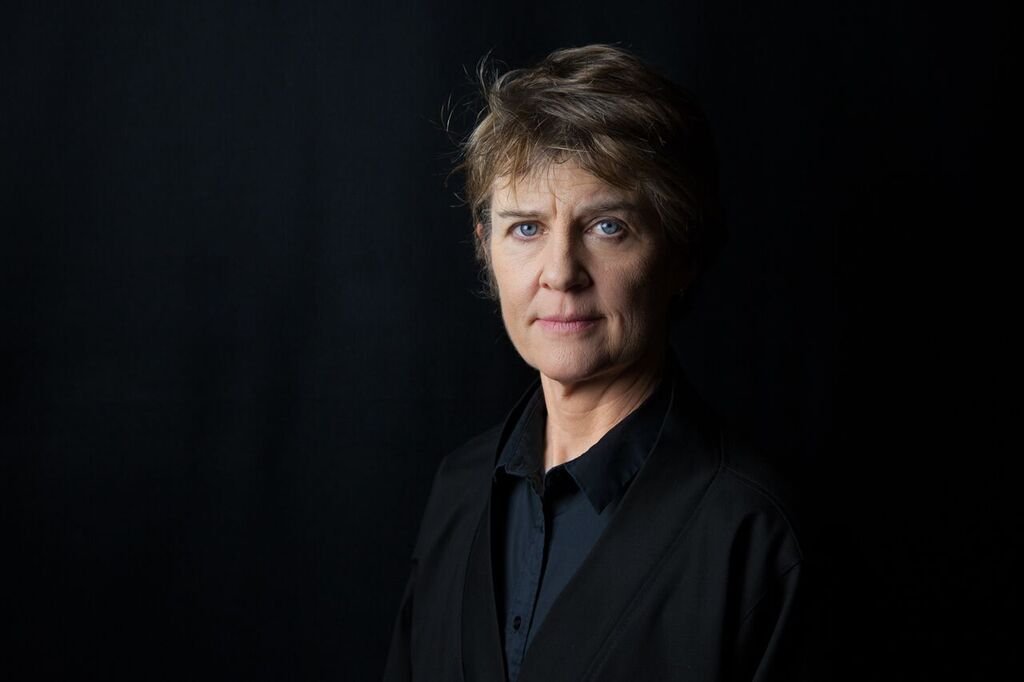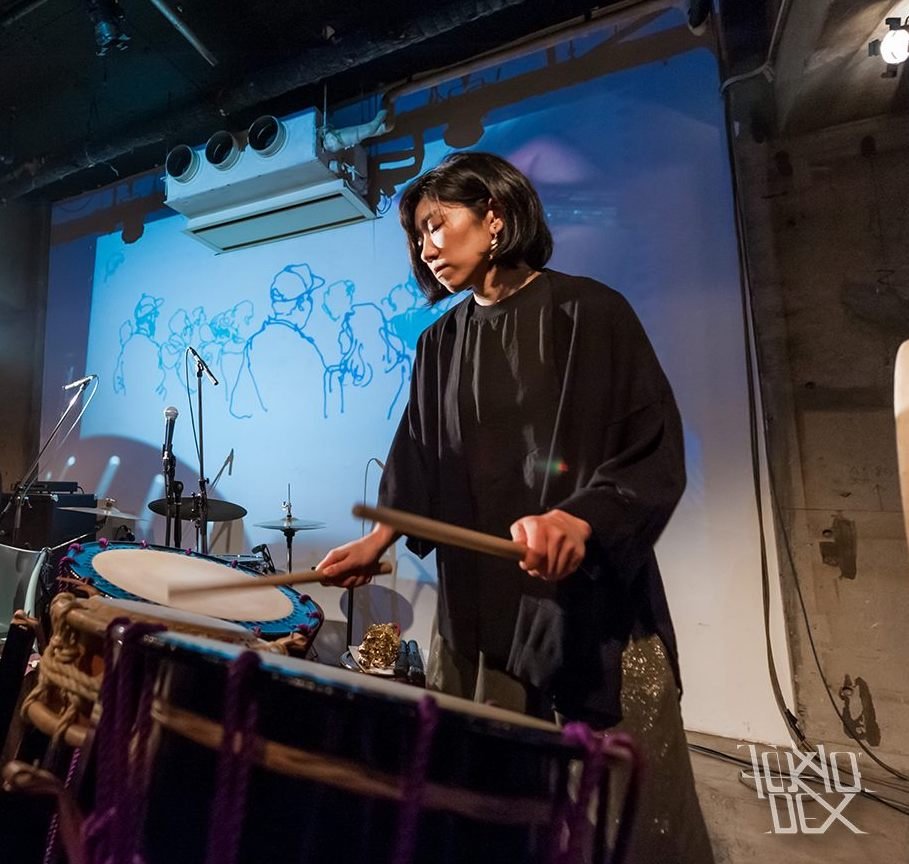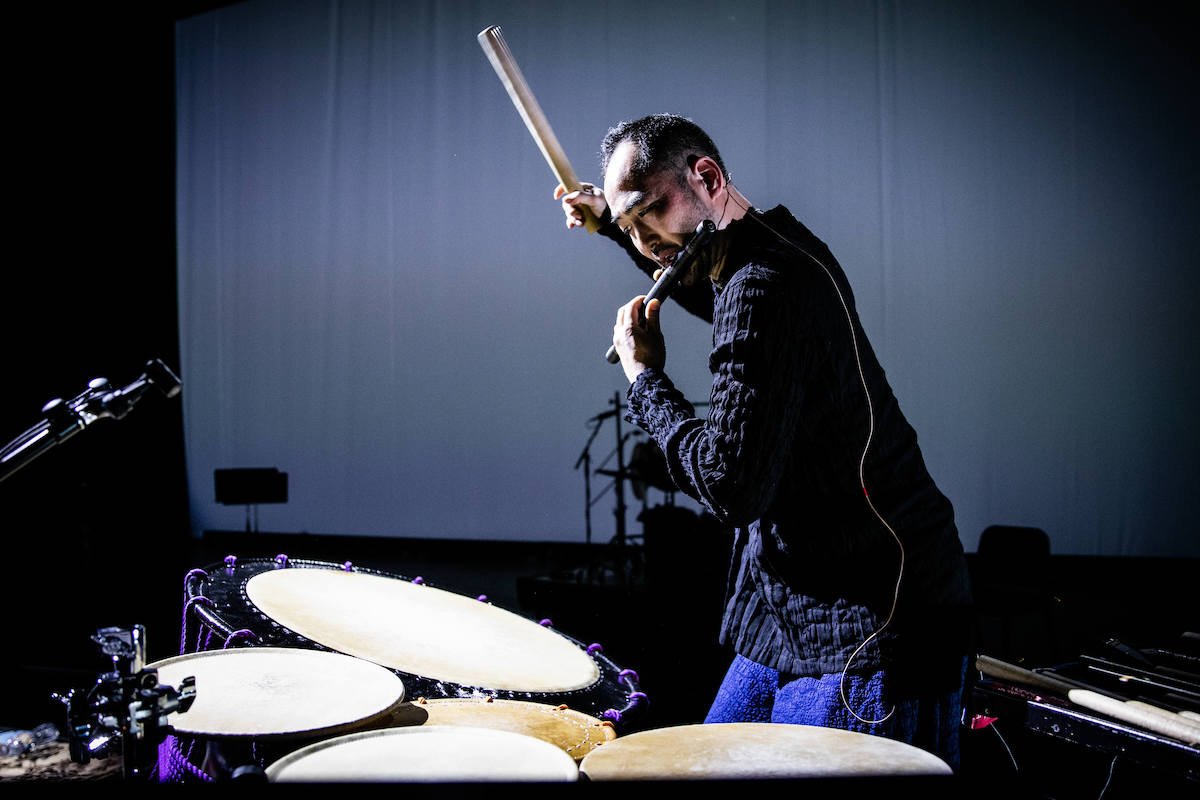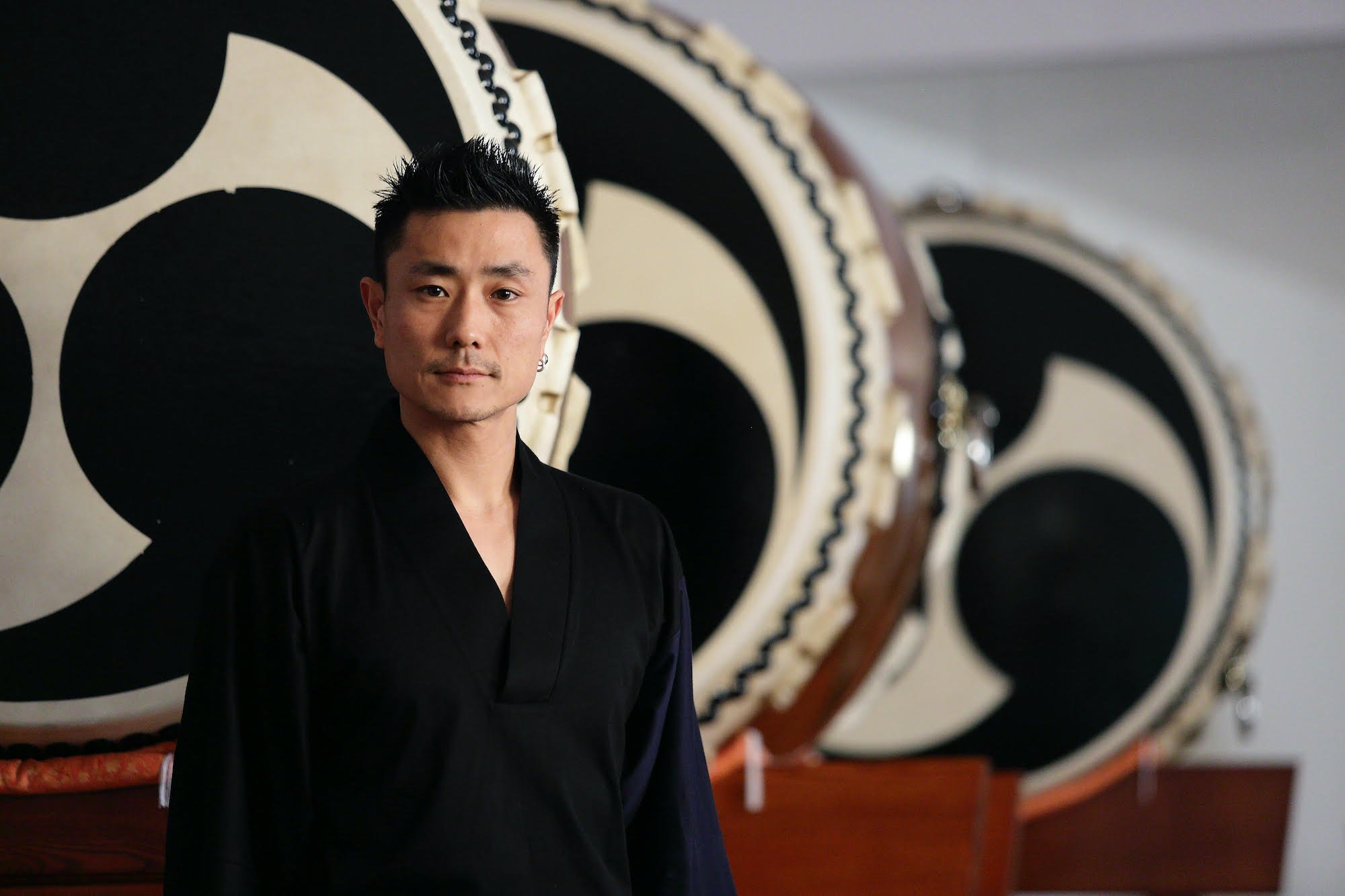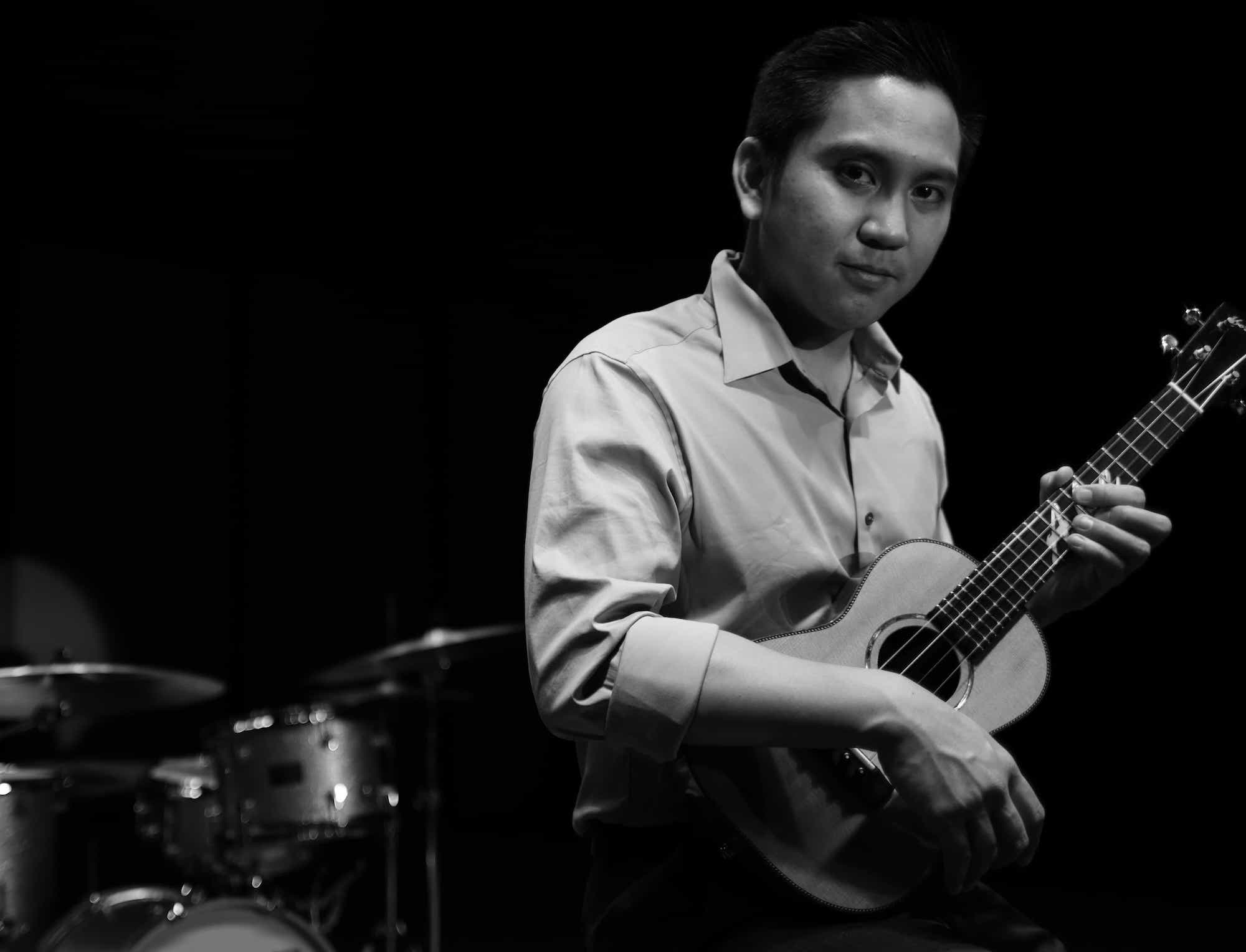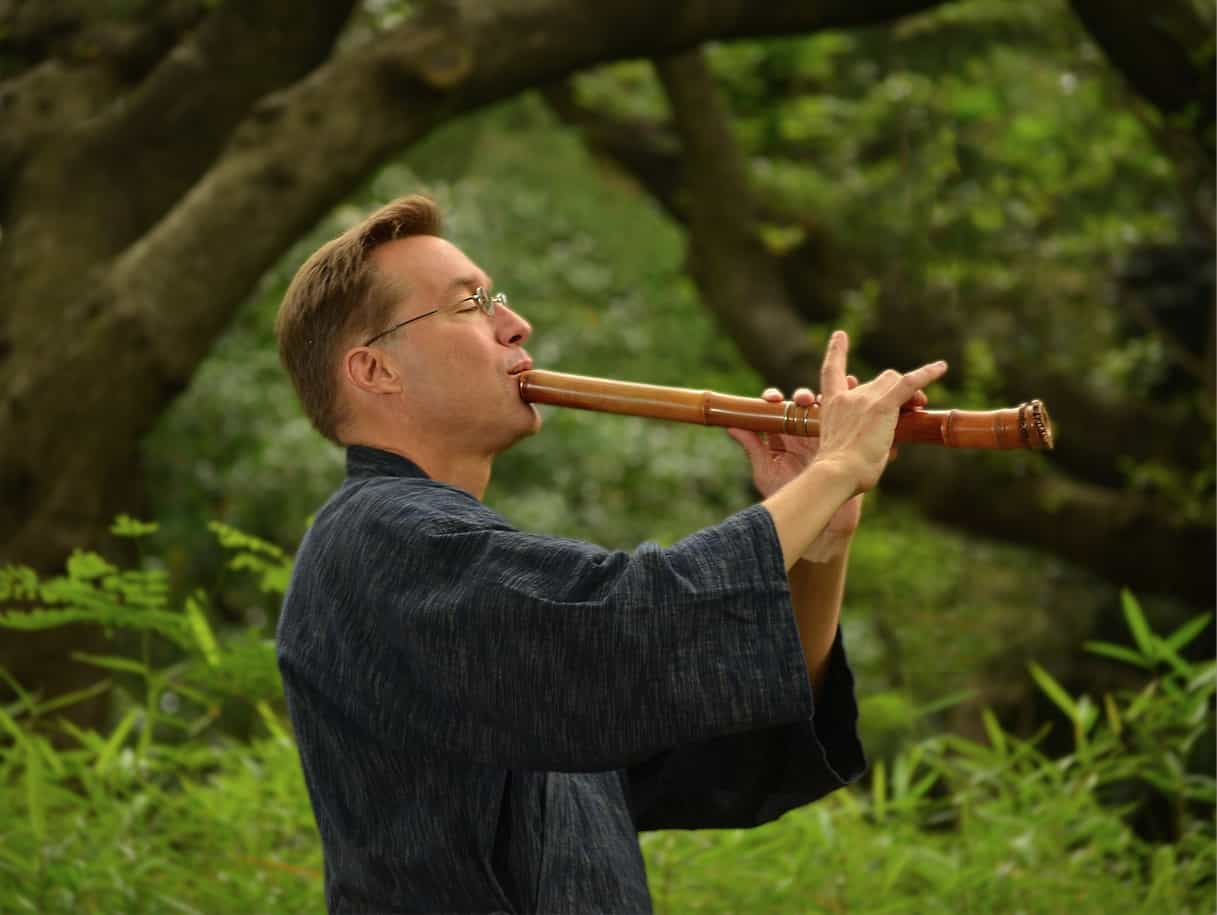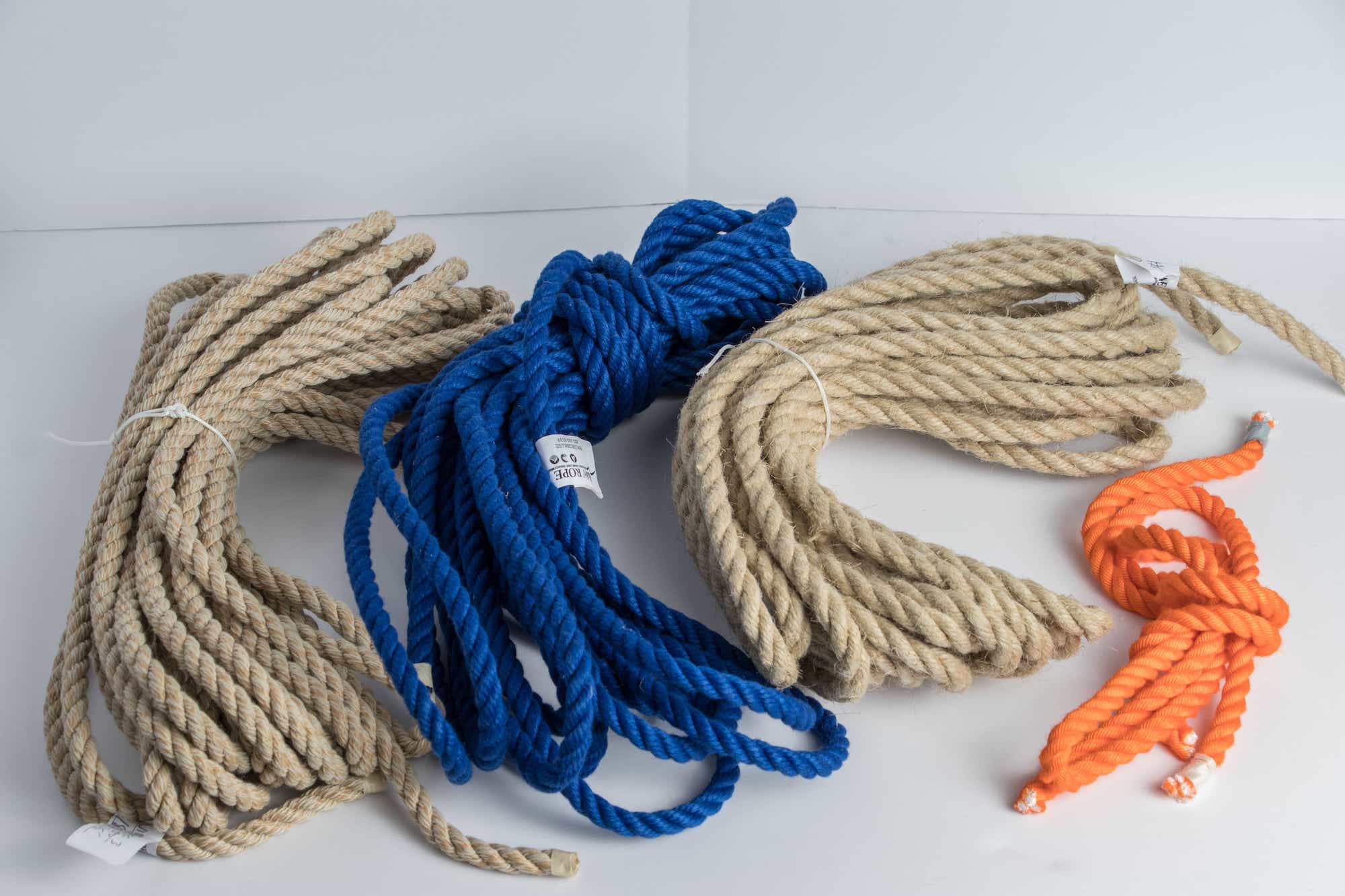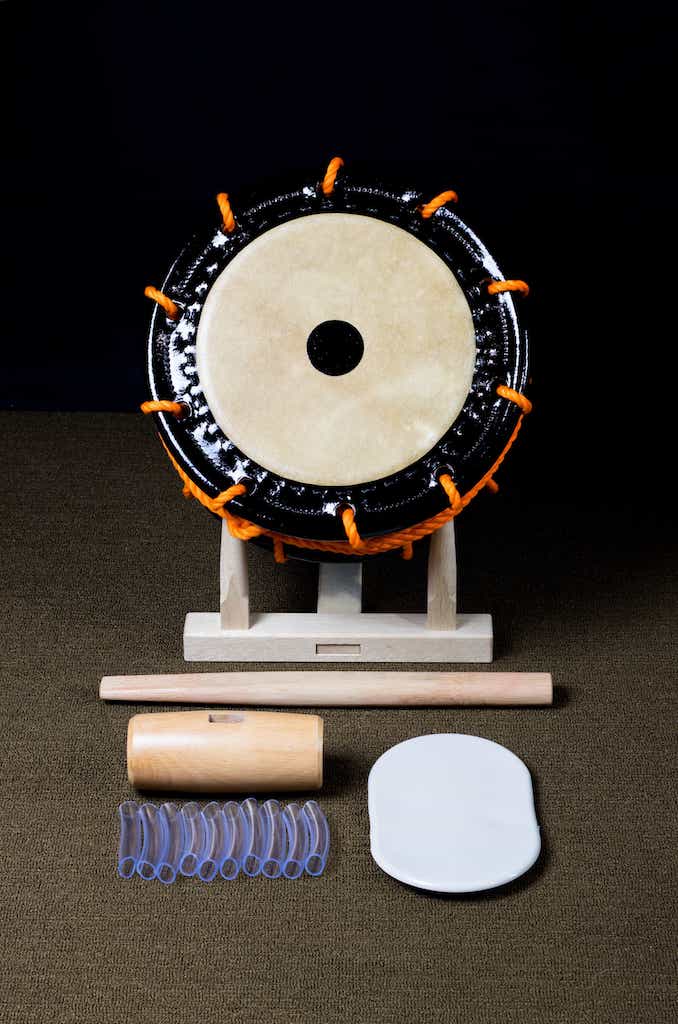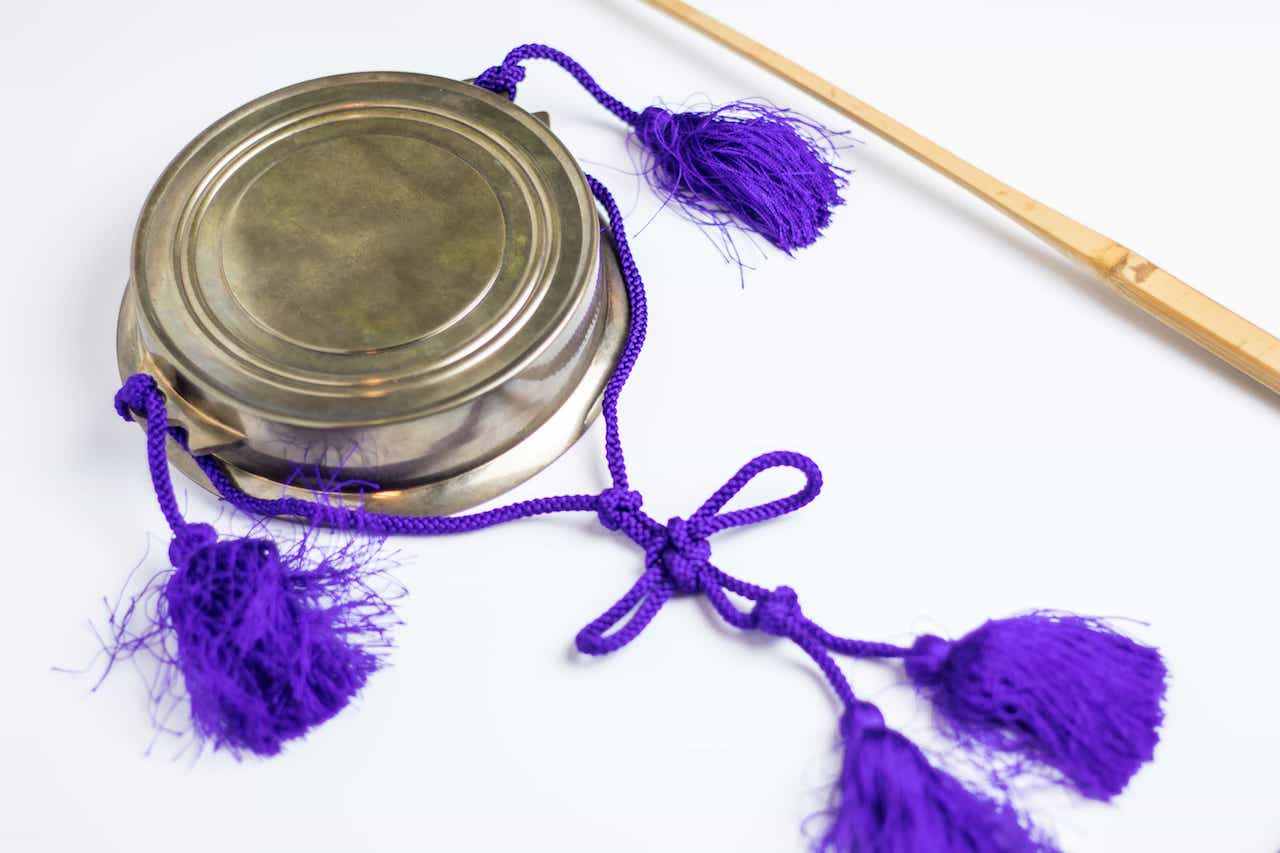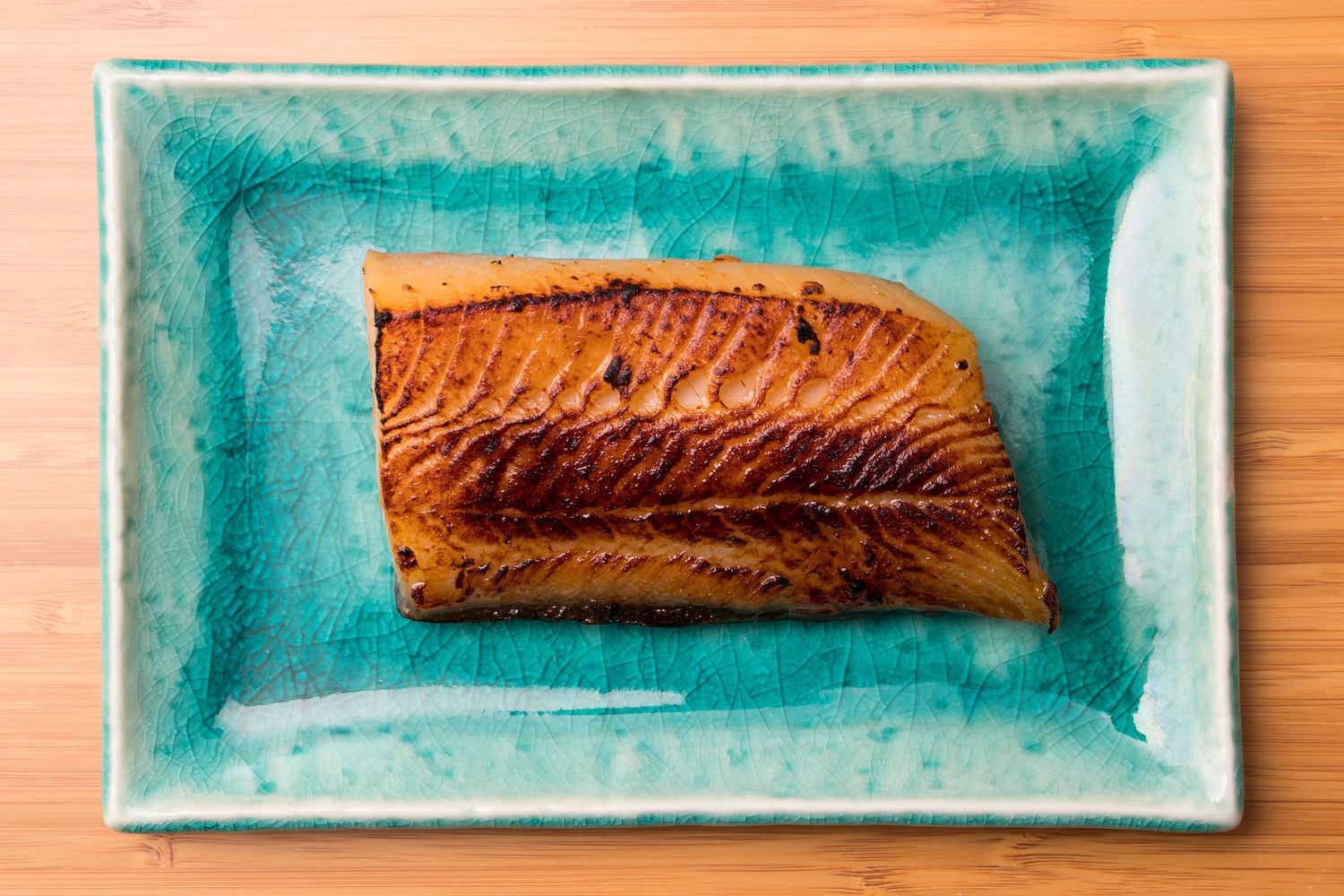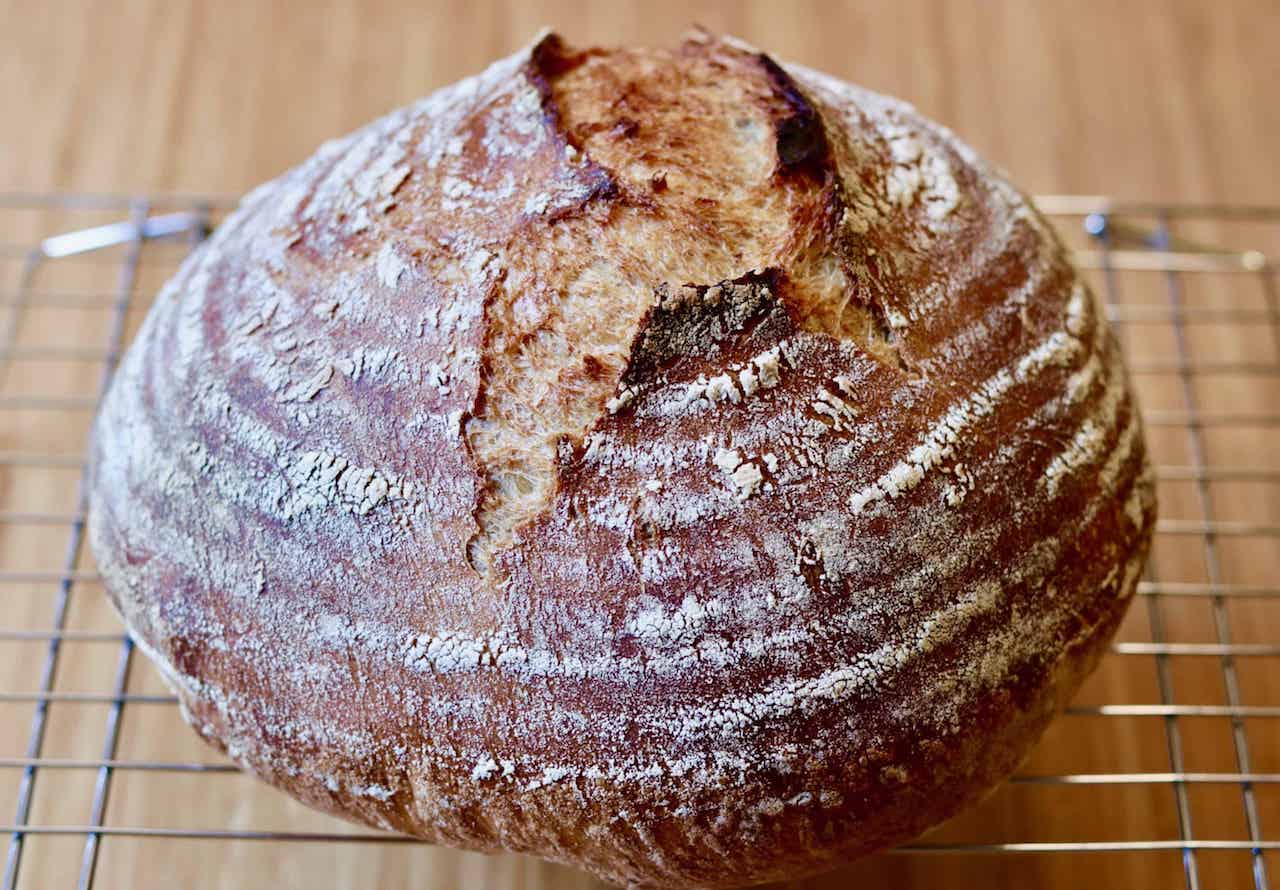Interview: Yumi Torimaru talks taiko, fue, shamisen, and music culture in Japan
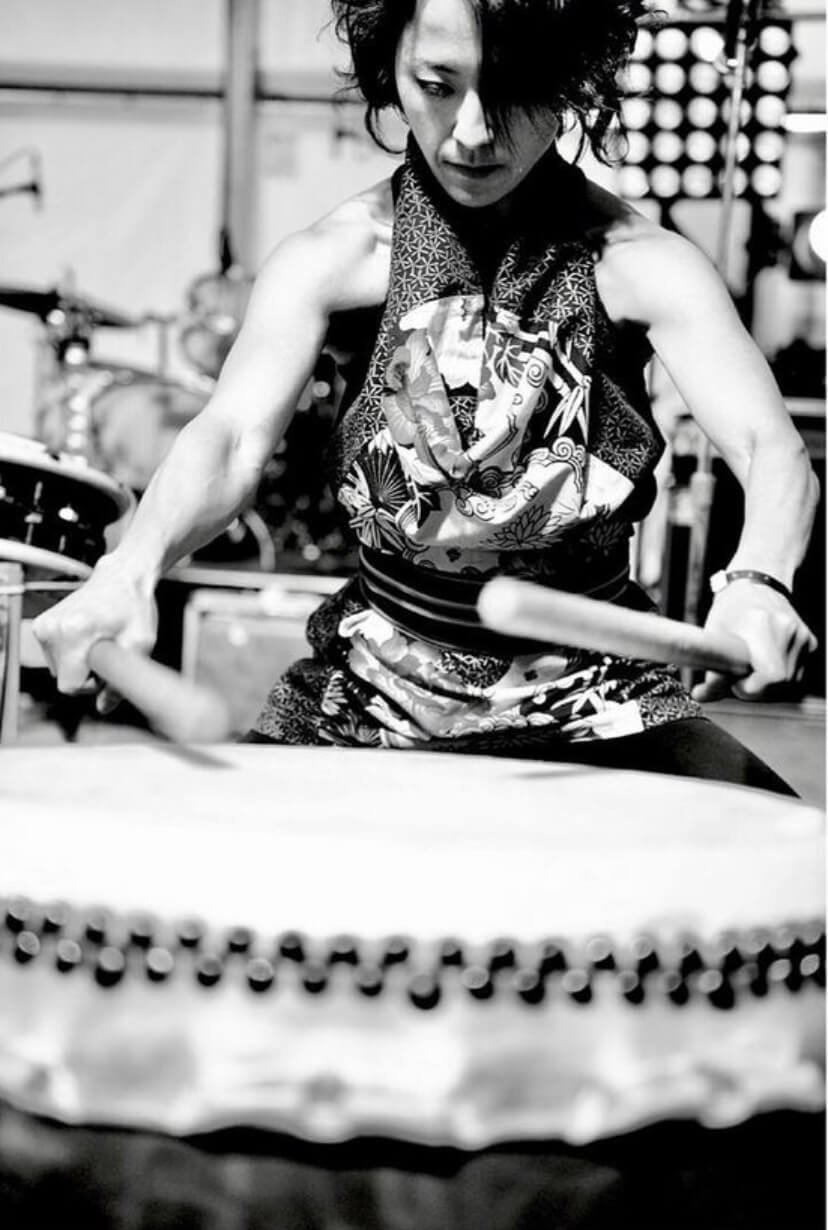
I had a fun time talking with Yumi for this interview. I think we have a mutual understanding especially because of our strong connection to both Japanese and North American arts and culture. When I first moved to Portland, Yumi kindly bought me lunch and welcomed me to the area with warm enthusiasm. It’s always nice to have a friendly greeting because going to a new location can be somewhat challenging. Since then, we’ve become friends and colleagues who also share an appreciation for high-quality natto along with other food and drinks.
Yumi’s group Takohachi is always fun to watch. As I mention in the interview, my favorite part is their distinctly unique style where energetic original pieces are mixed with a minyo (Japanese folk arts) feel. In this way, I would love to see more taiko groups that simultaneously embrace their own voice and appreciate a deeper connection to the roots of the instruments and music which came from Japan. Yumi is also very active with other projects where she collaborates with various musicians and other artists.
We covered a lot in our conversation including her early musical experience, finding taiko by chance in the US, the pros and cons of getting a natori (stage name), quitting her day job to be a full time musician, her recent trip to Japan, her many great teachers, and much more. There is a lot of material on her websites and social media so please check out the links below. Yumi sent me four audio excerpts which are interspersed throughout the interview:
Sakura in Spanish Wind by Toshi Onizuka (guitar/percussions/arrangement), Yumi Torimaru (shamisen/shinobue), Otsuki (vocal)
Tawaratsumi Uta from Nanbu (Aomori)
This was made with my tsugaru shamisen teacher (Ryuhiro Oyama), his sister (Chigusa Takehana, vocal), and her two daughters (Marino/ Minori Kajiwara, taiko/Narimono) with my shinobue.
Portland Raincolors by Yumi Torimaru
Sora no Tori by Yumi Torimaru
Kotori Japanese Music
www.KotoriJapaneseMusic.com
Takohachi
www.takohachi.org

Yumi Torimaru founded her music ensemble, Takohachi, in 2006 in Portland, Oregon. Takohachi became a 501(c)(3) non-profit organization in 2007 to preserve traditional Japanese music and dance and create innovative taiko drum performances using Japan's strongly moving music and rhythm element. She has created hundreds of Takohachi shows to educate and entertain throughout Oregon at schools, libraries, festivals, and cultural events.
In recent years she established a smaller ensemble, Takohachi’s Q-Ensemble, to perform flexibly with high demand. She also has undertaken a solo project Kotori Japanese Music focusing more on cultural content. With all the newer projects, she freely expresses her originality in music using Taiko drums, Shinobue (bamboo flutes), and Tsugaru Shamisen (Japanese lute). The smaller ensembles and Solo projects allow her to do more collaborations with other musicians and artists in different genres. Duo units, Maido Mind (shinobue and piano/voice), and Takohachi X (multi-Japanese instrumental) are actively performing. She enjoys being an ambassador to introduce Japanese culture through music to American communities and exporting new work with a fusion of American Experience back to Japan. With Takohachi, she wants to build a special two-way relationship with Japan to bridge the two cultures.
In 2016, she became an apprentice of Ryuhiro Oyama, the distinguished Tsugaru Shamisen (Japanese lute) master of one of the biggest Tsugaru Shamisen Associations (Oyama-Kai) in Japan. He is well known for his deep knowledge of the Tsugaru style Minyo (folk songs). In 2020, Yumi started to take online professional shinobue training by a world-renowned musician, Yasukazu Kano.
